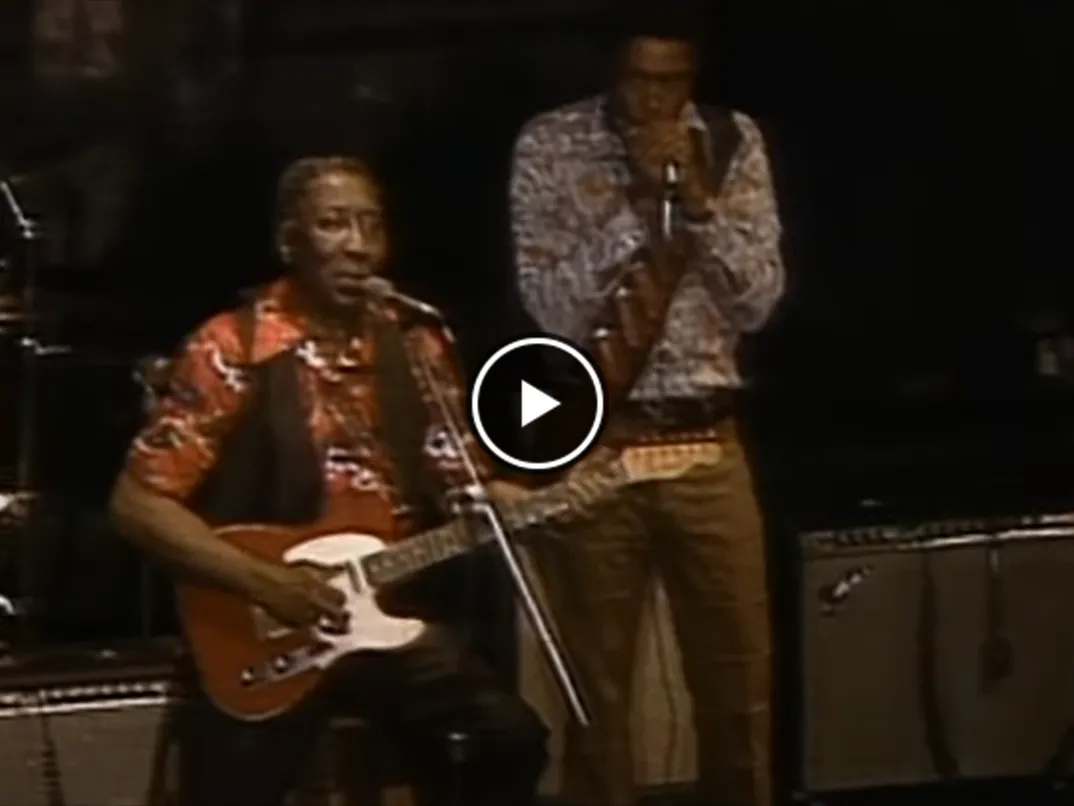Muddy Waters: The King of Chicago Blues Takes on ChicagoFest, 1981
In August 1981, Navy Pier in Chicago witnessed a historic event. It was ChicagoFest, the premier outdoor music festival of the Windy City. The magnet of the event was none other than the king of Chicago blues himself, Muddy Waters. His devoted fans thronged the venue, eager to relish a performance by one of the most revolutionary figures in blues history.
Muddy Waters, birthed as McKinley Morganfield in 1915, Mississippi, transformed the Delta blues by electrifying it during the late 1940s and early ’50s. Waters wasn’t just a frontman; he was an institution. His undeniable aura, the gruff vocals, and his incomparable slide guitar technique encapsulated the essence of post-war Chicago blues. His band included prodigies like Jimmy Rogers on the guitar, Little Walter with the harmonica, and the magnificent Otis Spann on the piano.
Muddy’s journey began on the Stovall Plantation, where he was deeply influenced by the iconic Son House. His formal entry into the world of recorded music began when Alan Lomax and John Work captured his talent in 1941. Yet, his breakthrough came after his migration to Chicago in 1943. His association with Leonard Chess of the budding Aristocrat label in 1947 paved the way for hits like “I Can’t Be Satisfied” and “I Feel Like Going Home.”
Come 1981, with a band that had perfected his vision, Waters stood on the ChicagoFest stage, initiating the performance with “Mannish Boy.” He then enthralled the audience with classics from Jimmy Reed, Big Joe Williams, Slim Harpo, and his own treasures like “Trouble No More.” The performance had other iconic moments, such as Johnny Winter’s appearance, a talent who had earlier collaborated with Waters on the 1977 album, Hard Again.
However, what stayed with many was Waters’ humility. Despite facing hardships, he believed in his music, expressing gratitude for every luxury that came late in his life. Sadly, Waters left the world on April 30, 1983, but his performance at ChicagoFest remains an eternal testimony to his genius. Those two nights were a gift – a shared joy between the legend, his peers, and the audience.



Facebook Comments